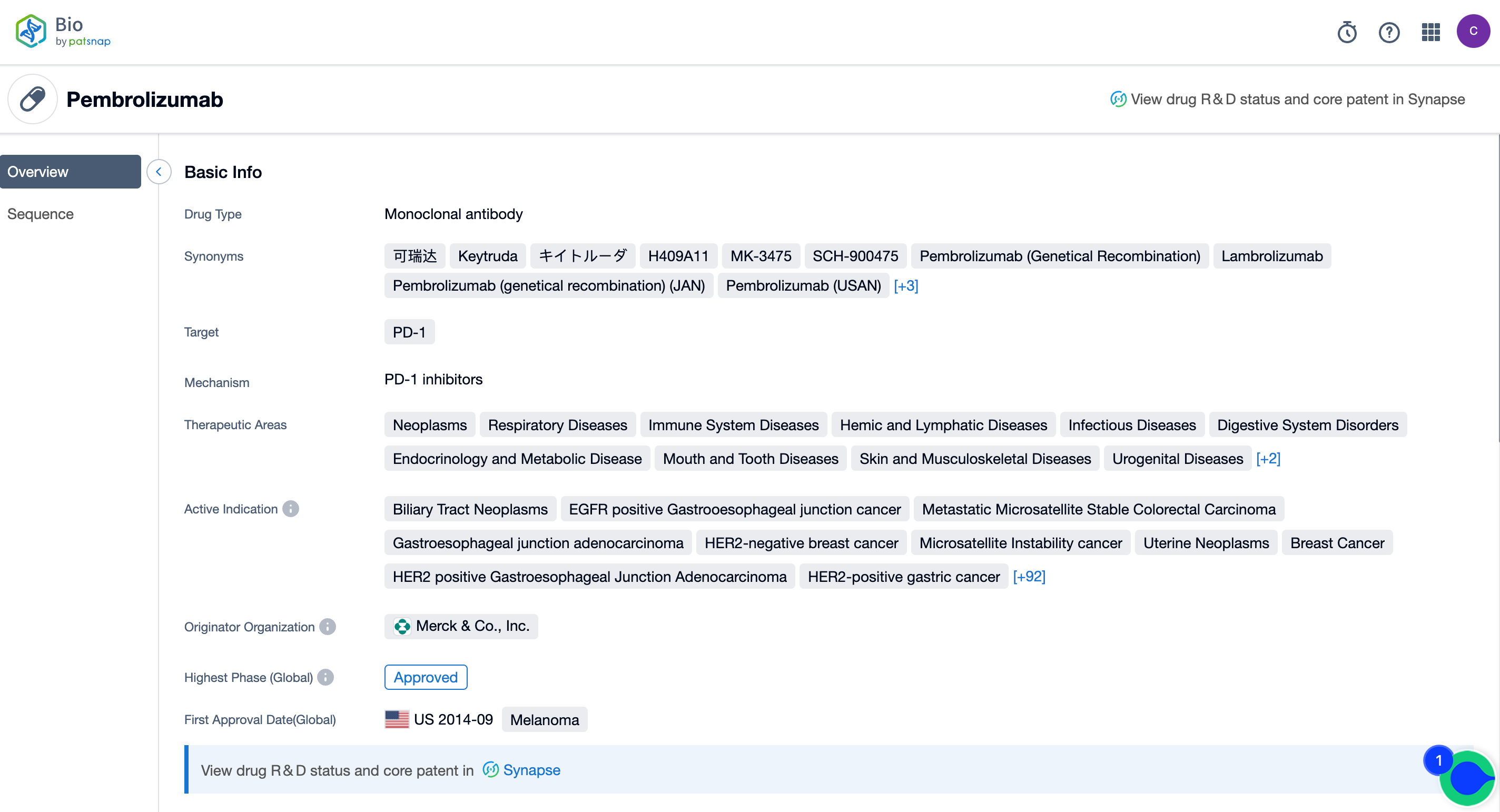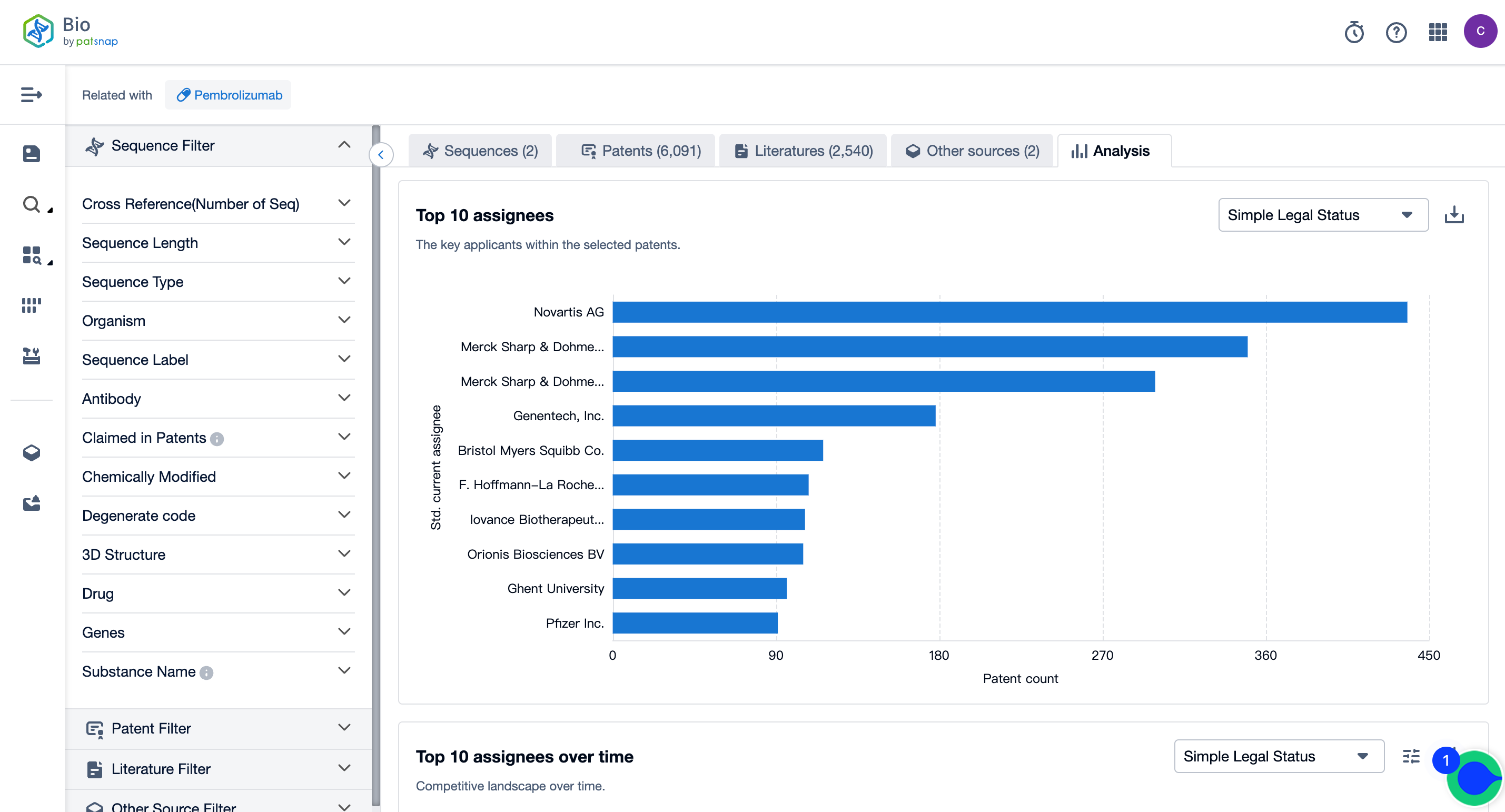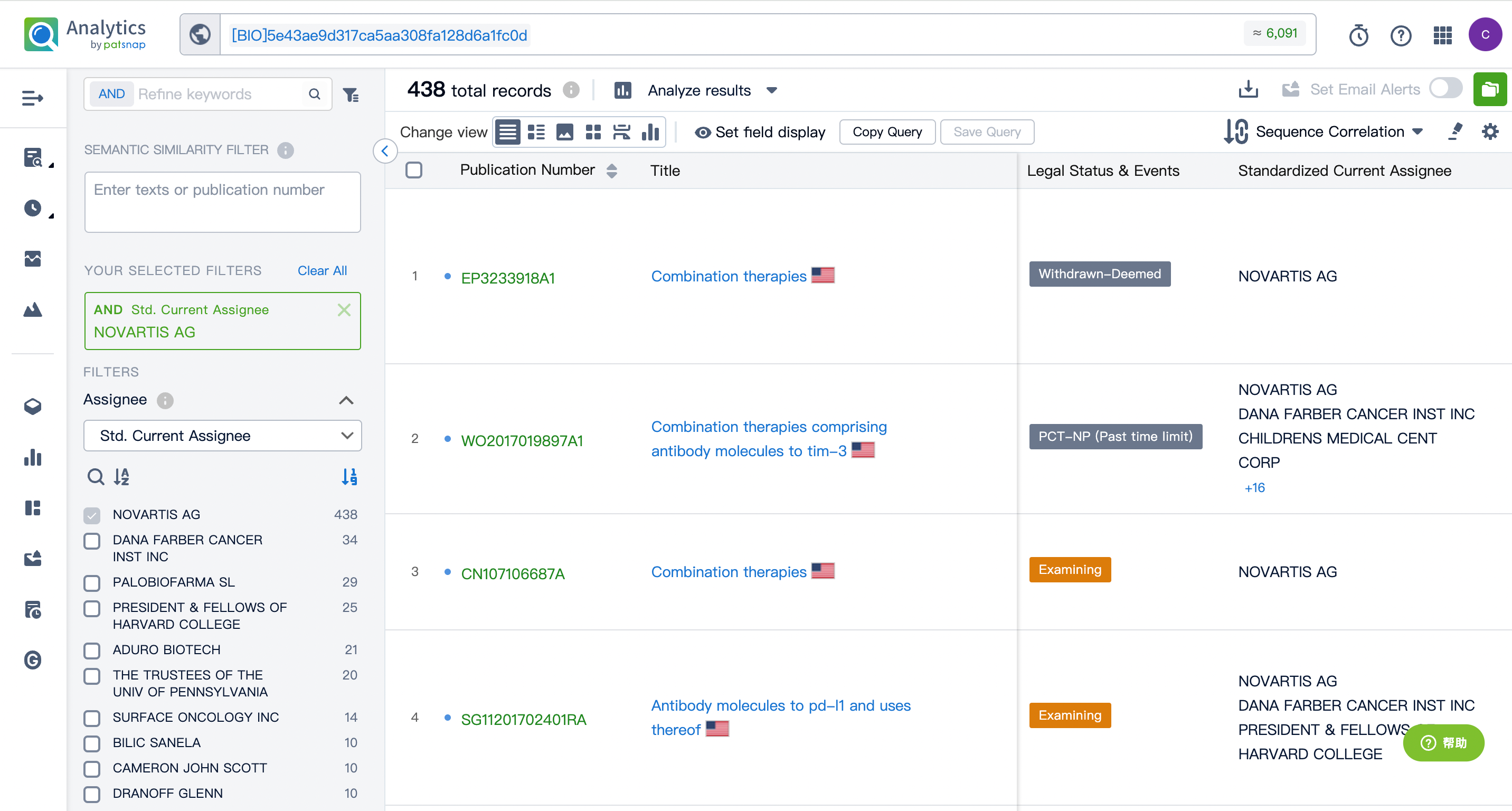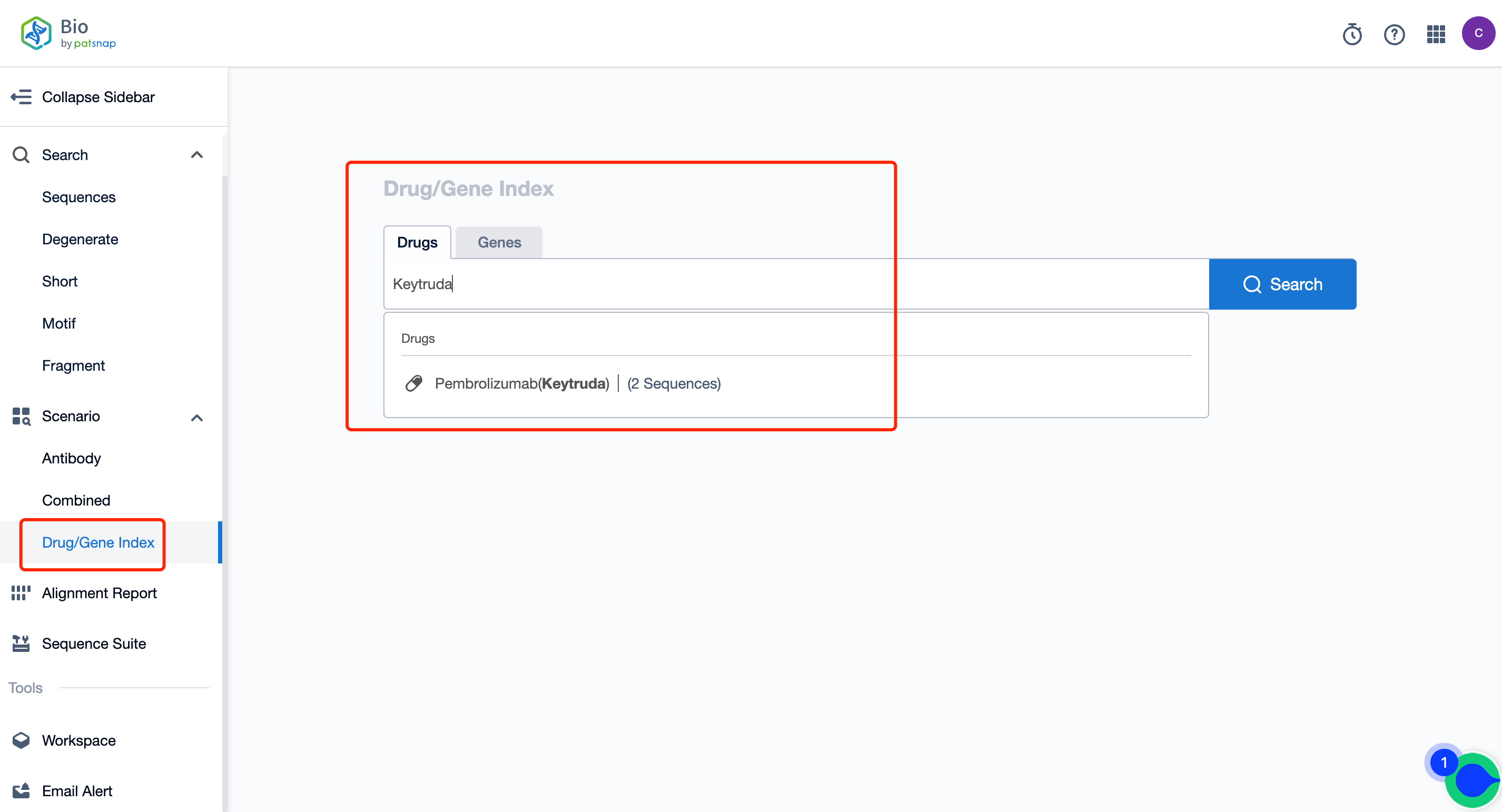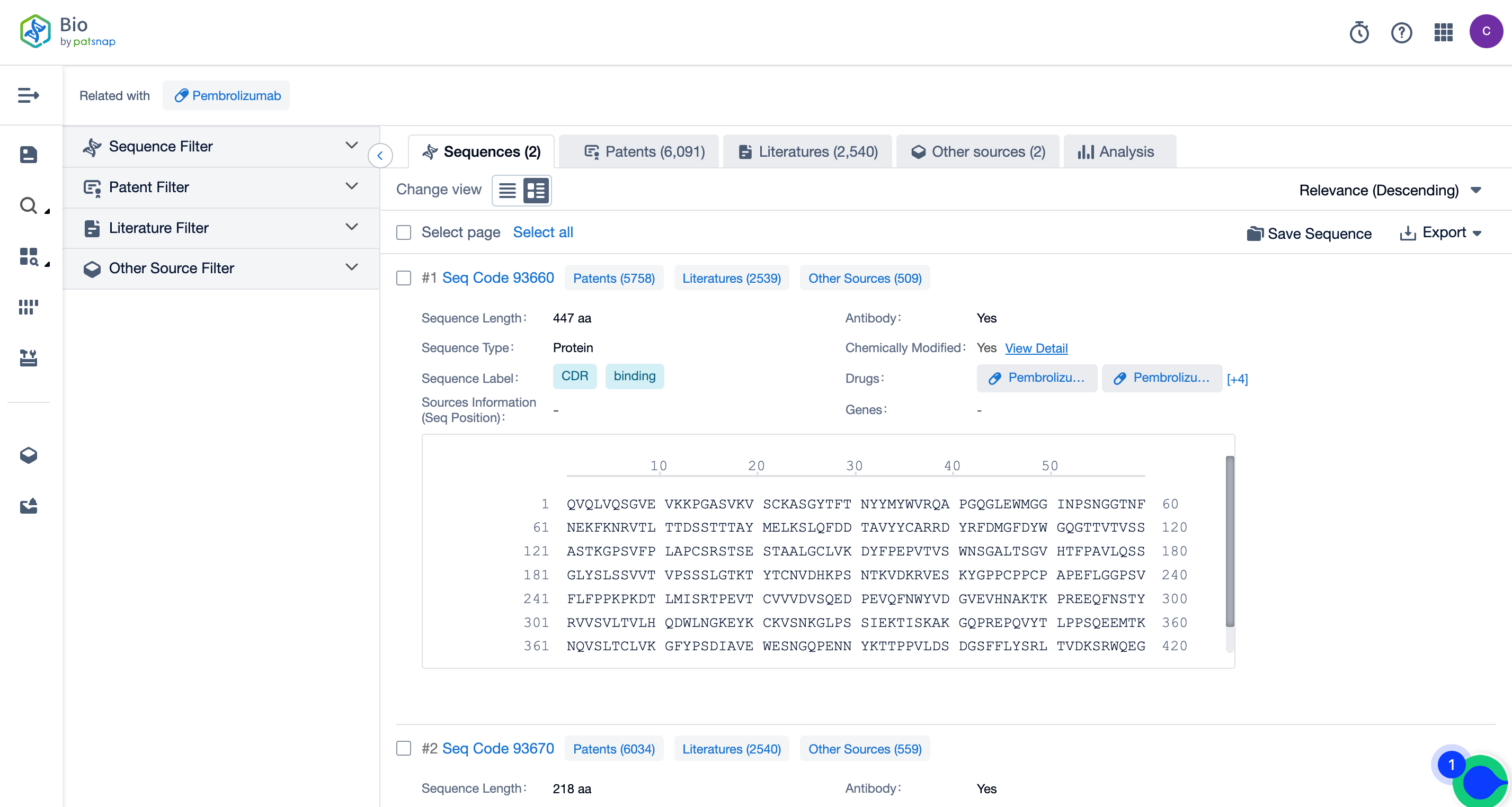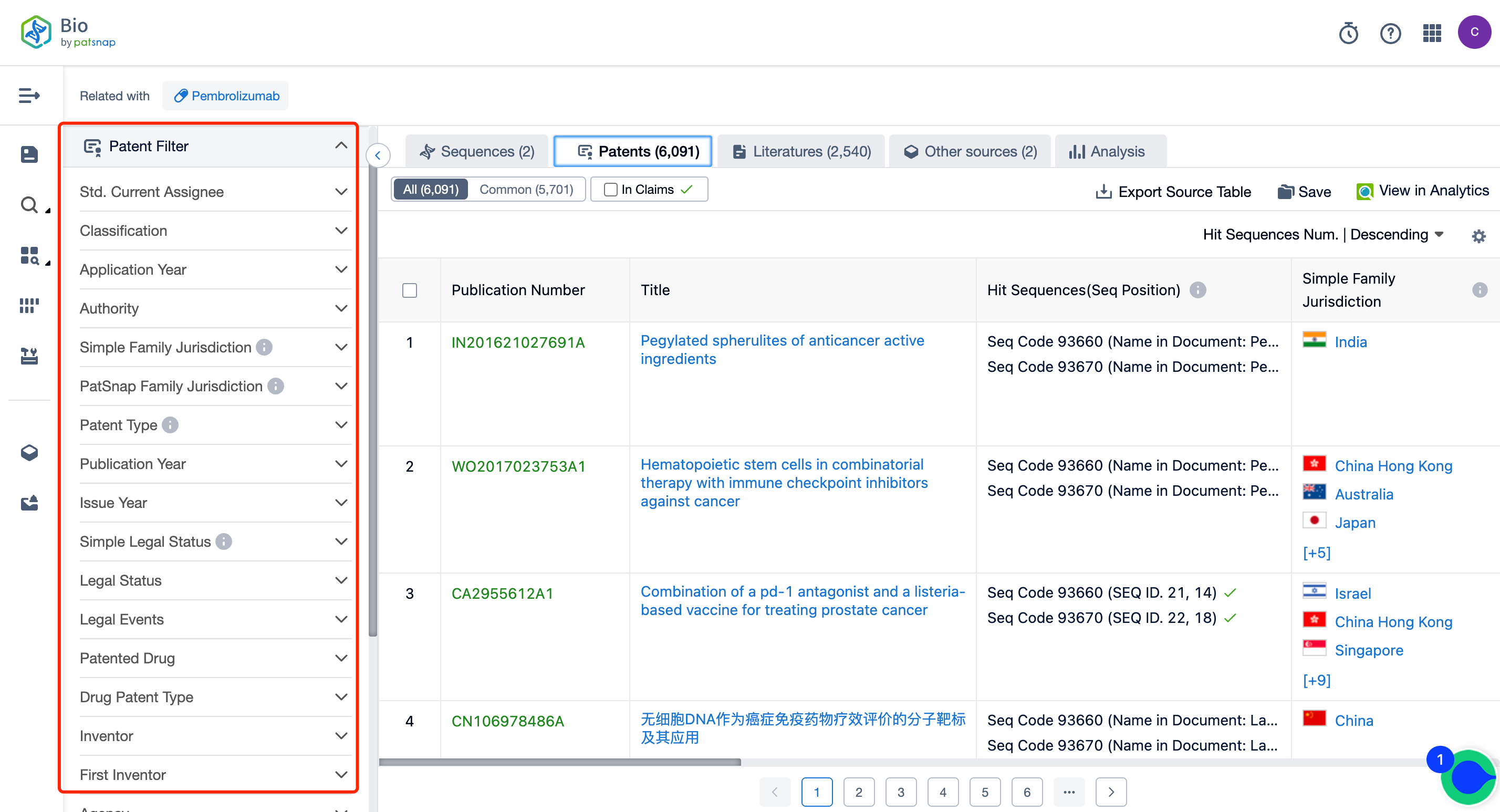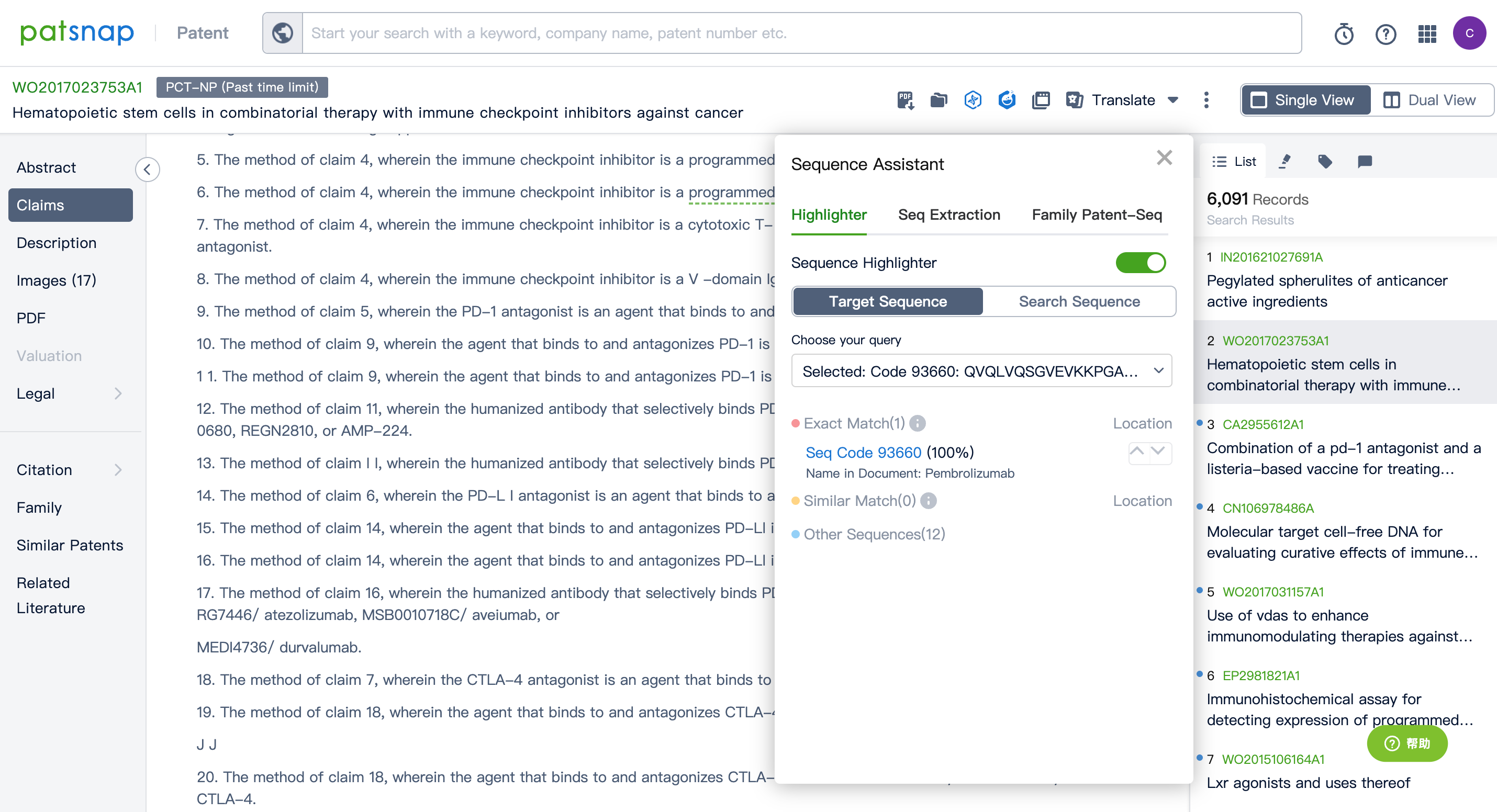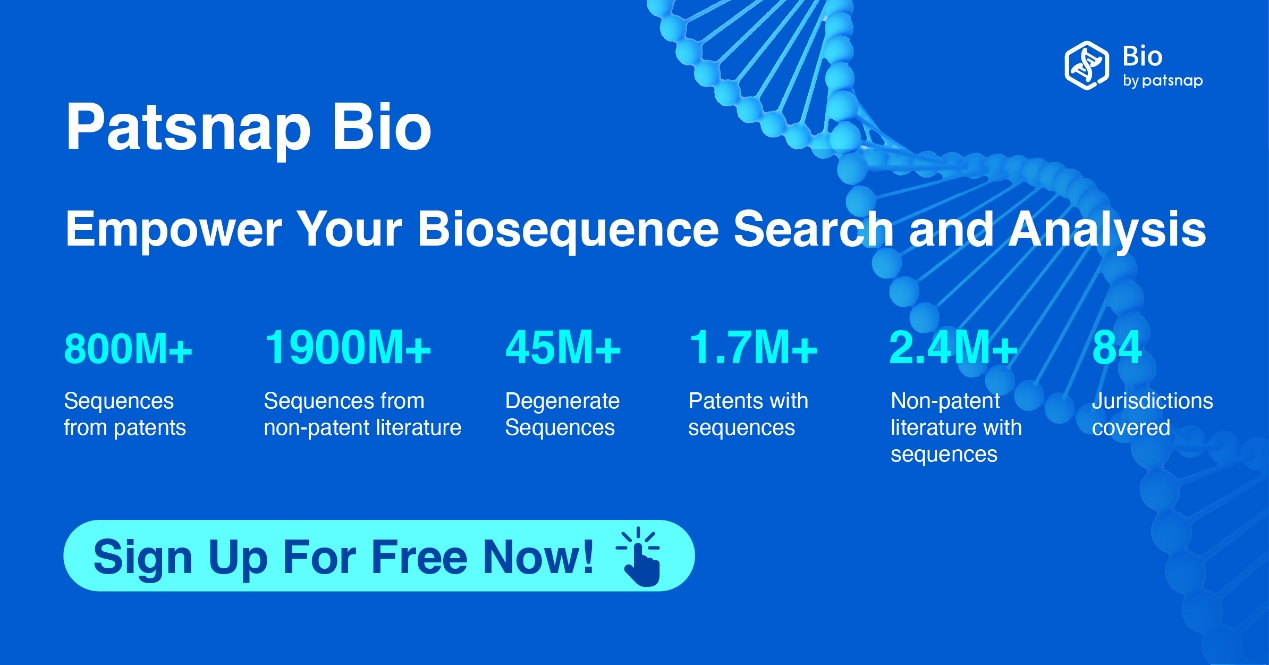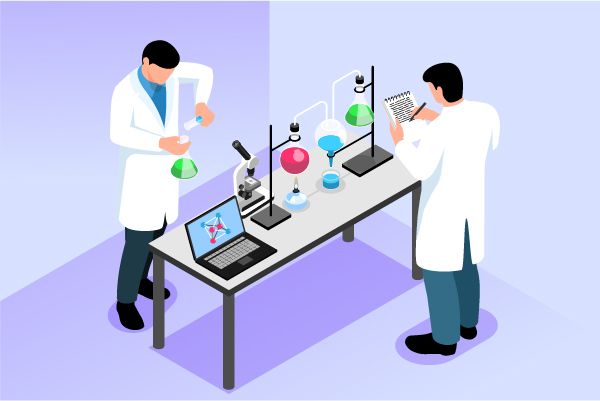The Competitive Landscape Behind the FDA-approved New Treatment for Biliary Tract Cancer, Keytruda
On November 1st, the United States Food and Drug Administration (FDA) granted approval to the antineoplastic monoclonal antibody drug Keytruda, produced by Merck, for use combined with chemotherapy in treating locally advanced unresectable or metastatic biliary tract cancer. Trial results showed significant improvement in patients' overall survival rates. This marks the anti-cancer drug Keytruda’s sixth indication in the area of gastrointestinal cancer.
Biliary tract cancer is a rare but highly malignant disease, with most patients losing their surgical opportunity by the time of diagnosis. Treatment options are very limited, hence, when the disease progresses, there is an urgent need for new therapy options. The trial results showing significant improvement in patients' overall survival time is indeed a major breakthrough, offering new hope for patients who have lost their surgical opportunity or whose disease has reached an advanced stage.
Source, Patsnap Bio
A Panoramic View of Keytruda’s Top 10 Patent Assignees
According to the Patsnap Bio Sequence Database, the top 10 applicants for the Keytruda patent are Novartis AG with 438 applications, Merck Sharp & Dohme Corp. with 350 applications, and Merck Sharp & Dohme LLC with 299 applications. For more applicants, please refer to the image below.
Source, Patsnap Bio
Evolution of the Layout of Top 10 Patent Assignees over the years, the Competitive landscape over time
Exploring the changes occurring within the application structure amongst Keytruda's top 10 patent assignees over time delivers insights into the competitive landscape's evolution.
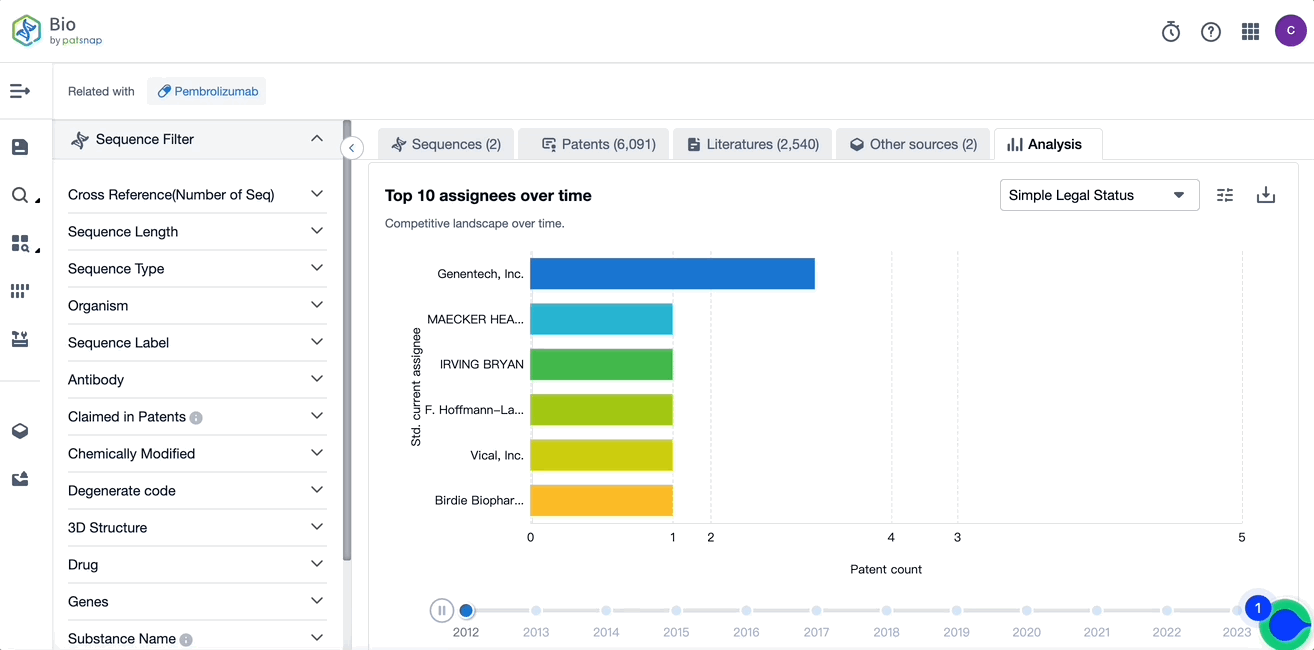
Source, Patsnap Bio
How Can You Acquire Comprehensive Information on Aflibercept Sequence Patents for Free?
Firstly, establish a free account with Patsnap Bio Sequence Database. Proceed to the homepage's "standard search" and enter the Keytruda sequence or directly input the drug name, Keytruda, in the "Drug/Gene index.” This single action will unravel extensive details of keytruda 's sequence, patent, literature, data from diversified sources, and a visually competitive landscape of patents.
The left panel's search result details page is equipped with an exhaustive range of filters, enabling you to pinpoint specific data accurately, thereby boosting your search experience and overall efficiency. Clicking on each data point will unfold a rich and detailed data set and a host of advantageous and practical tools to support your research process.
It is important to note that Patsnap Bio is the most extensive sequence search platform for the Patsnap database. It incorporates AI with human-curated data for comprehensive handling of protein and nucleotide sequence data plucked from global patents, biological periodicals, and public repositories. Essential biological sequences are manually annotated, illuminating structural modifications to provide the most accurate sequence data and boost sequence retrieval efficiency.
Free registration is available for the Bio biological sequence database: https://bio.patsnap.com. Act now to expedite your sequence search tasks.
